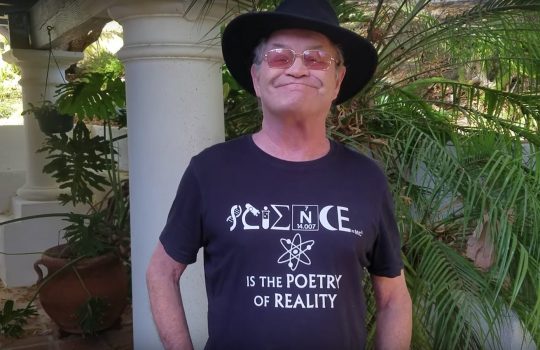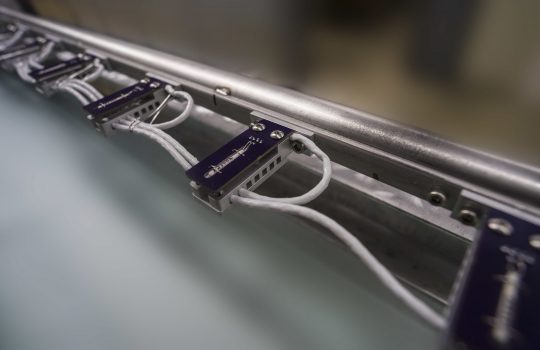A Monkee visits Fermilab, physics of stir frying, six strange facts about ‘Oumuamua
From Physics World, Nov. 23, 2018: Fans of Fermilab, the Monkees and vintage American pickup trucks will love this film, shot in 1970 by Monkees drummer Mickey Dolenz and shows construction of the National Accelerator Laboratory (now Fermilab).


